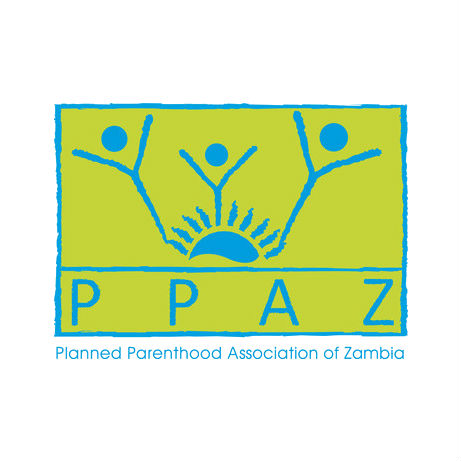

| 31 March 2016
Tajik Family Planning Alliance
The Tajikistan Family Planning Association (TFPA) is a voluntary, self-governed, non-profit organization. It exists to deliver information and services, and to advocate for the basic human right of all women, men and young people to make free and informed choices regarding their sexual and reproductive health and rights (SRHR). TFPA plays a major role in disseminating information and providing clinical services. Special emphasis is given to the: Prevention and treatment of HIV and AIDS and sexually transmitted infections (STIs) Prevention of unwanted pregnancy Prevention of unsafe abortion TFPA reaches out to marginalized communities in remote and economically disadvantaged areas of the country. TFPA was officially registered at the Ministry of Justice of the Republic of Tajikistan in 2002 after the General Assembly elected the Board of Directors and approved the organization charter and its structure. In 2008 TFPA was accredited and became a full IPPF Member Association. Website: www.tfpa.tj

| 31 March 2016
Planned Parenthood Association of Zambia
The Planned Parenthood Association of Zambia (PPAZ) was created in 1972. Then, it was dedicated to the promotion of family planning services. Over the years, it has evolved into a major service provider and advocacy body, with significant input into government policy on sexual and reproductive health (SRH) issues. Services offered include family planning, voluntary counselling and testing (VCT) for HIV, the treatment of sexually transmitted infections (STIs), antenatal and post-natal care, emergency contraceptive provision, laboratory tests, and screening. PPAZ refers clients on for additional services including prevention of mother-to-child transmission (PMTCT), antiretroviral treatment and home-based care. The organization operates 3 static clinics, 11 mobile units and 10 community-based services (CBSs). It has a full-time staff of 34, backed by 1,300 volunteers which include over 200 community-based distributors (CBDs) and 398 peer educators. In total, PPAZ runs 229 service points. PPAZ places a strong emphasis on HIV and AIDS prevention and treatment: as the statistics show, HIV prevalence rates are exceptionally high in Zambia. PPAZ has worked intensively on integrating gender and empowerment perspectives into HIV prevention. It has undertaken behaviour change communication projects directed at young people, both in and out of school settings, and it’s taken similar projects out to rural communities. PPAZ partners extensively with non-governmental organizations (NGOs), particularly those involved in youth and HIV and AIDS work. It receives financial support from Care international, UNICEF, the Japanese Organisation for Cooperation in Family Planning (JOICEP), Forum RFSU and IPPF’s Japan Trust Fund. Contacts Website: www.ppaz.org.zm Facebook: https://www.facebook.com/groups/137992098191/







